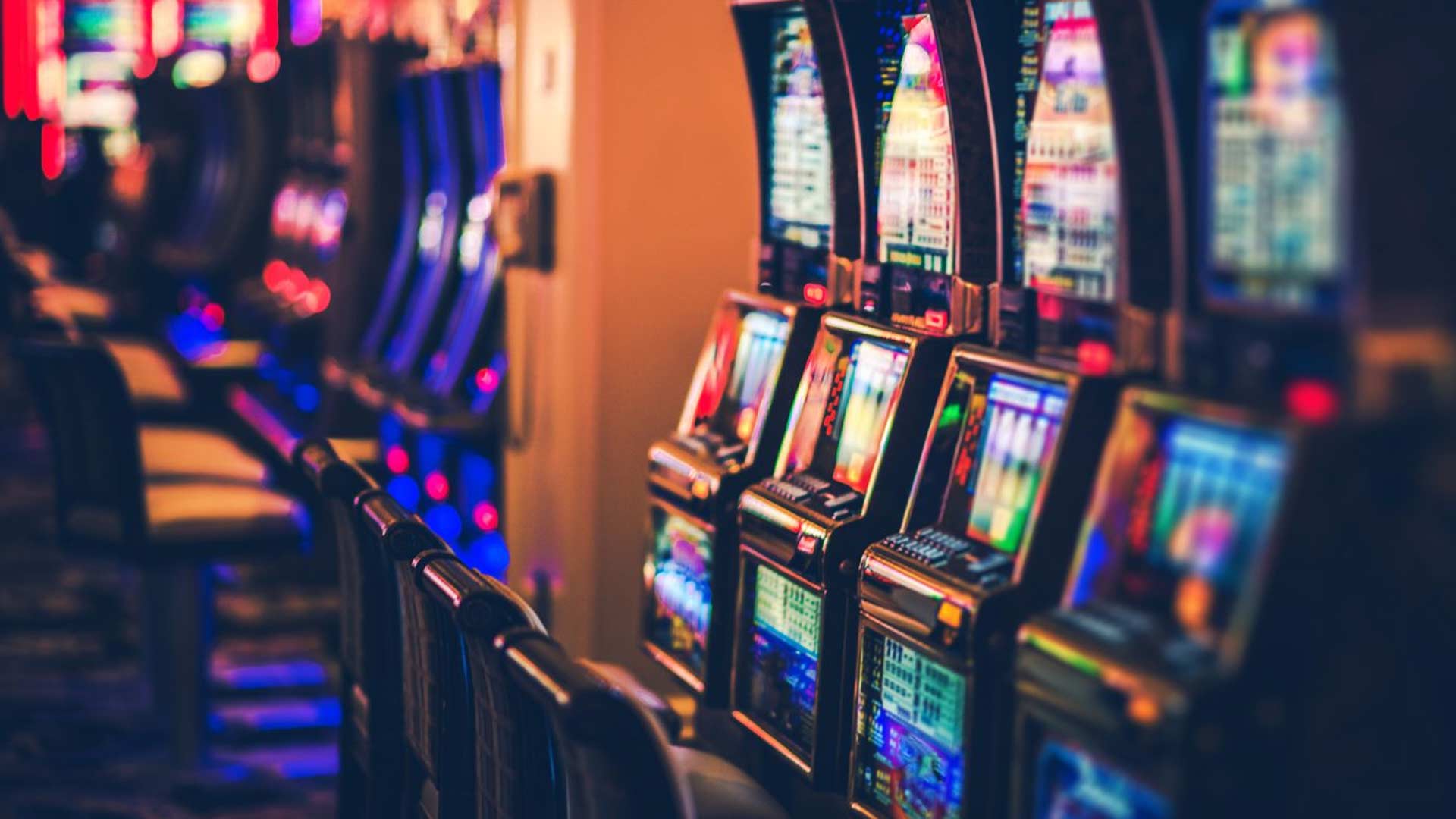How Casinos Blend Technology and Tradition

How Casinos Blend Technology and Tradition
The world of casinos has long been synonymous with glittering lights, the clinking of chips, and the distinct hum of excitement. Traditionally, a casino visit was an immersive experience centered around physical interactions, classic table games, and the unique atmosphere of a grand gaming hall. Yet, in an era defined by rapid digital advancement, this industry has not only adapted but thrived by skillfully blending its rich heritage with cutting-edge technology. This delicate dance between the enduring allure of tradition and the transformative power of innovation is what defines the modern casino landscape.
At its core, the casino industry understands that the human desire for entertainment, risk, and reward is timeless. The traditional elements – the plush carpets, the sound of a roulette wheel spinning, the strategic plays at a blackjack table, and the social interaction inherent in a poker game – continue to draw millions. These brick-and-mortar establishments painstakingly cultivate an environment that appeals to the senses, offering luxurious amenities, live entertainment, and personalized service that online platforms, despite their convenience, cannot fully replicate. This commitment to the classic casino experience ensures that the physical space remains a vital part of the gambling ecosystem, a testament to the power of a tangible, shared experience.
However, the modern casino is far more than just a grand hall. Technology has become an indispensable tool, revolutionizing operations, enhancing security, and expanding reach. The most obvious technological shift has been the proliferation of online casinos and mobile gaming applications. These platforms allow players to access a vast array of casino games from anywhere, at any time, democratizing access to gambling. From online slots with intricate themes to live dealer games that bridge the gap between virtual and physical by streaming real-time interactions, these digital offerings have significantly broadened the market. Many online gaming platforms even offer incentives like an m88 sport bonus to attract new players, showcasing how digital marketing intertwines with traditional gambling allure.
Beyond the user-facing side, technology plays a critical role in the operational backbone of casinos. Advanced surveillance systems, powered by artificial intelligence and facial recognition technology, ensure security and prevent fraud more effectively than ever before. Data analytics is another game-changer, allowing casinos to understand player behavior, preferences, and spending habits with unprecedented precision. This data drives personalized marketing campaigns, tailored loyalty programs, and optimized game layouts, ensuring a highly customized customer experience. For instance, casinos can use predictive analytics to identify VIP players or to offer promotions specifically relevant to an individual's playing style.
Payment systems have also undergone a significant digital transformation. While cash remains king for many, digital wallets, credit/debit card transactions, and even cryptocurrency are becoming increasingly common. This provides greater convenience and speed for deposits and withdrawals, catering to a tech-savvy demographic. Furthermore, the games themselves are becoming more technologically sophisticated. Virtual Reality (VR) and Augmented Reality (AR) are beginning to make inroads, promising even more immersive gaming experiences that could one day transport players to a hyper-realistic virtual casino floor from the comfort of their homes. This innovation ensures that the excitement of new gaming formats keeps the industry vibrant.
Crucially, technology also plays a vital role in promoting responsible gaming. Modern casino platforms, both online and physical, implement tools for self-exclusion, deposit limits, and time-out periods. AI can even be used to identify problematic gambling patterns, allowing operators to intervene or offer support resources. This blend of technological capability with ethical responsibility demonstrates a commitment to player well-being, an aspect that strengthens the industry's long-term sustainability.
The synergy between technology and tradition is evident in how physical casinos leverage digital tools to enhance the in-person experience. Digital signage, interactive kiosks, and mobile apps for ordering drinks or checking loyalty points are common sights. Even classic table games might incorporate digital elements for faster payouts or enhanced tracking. This isn't about replacing the dealer with a robot, but about streamlining processes and adding layers of convenience that complement the human element.
In conclusion, the casino industry stands as a prime example of successful adaptation in a rapidly evolving world. By preserving the timeless appeal of its traditional offerings—the human connection, the atmosphere, the thrill of the live game—while simultaneously embracing and integrating cutting-edge technology for enhanced security, personalized experiences, broader accessibility, and responsible gaming, casinos have crafted a unique value proposition. This masterful blend ensures that whether you prefer the tactile feel of chips in your hand or the convenience of a mobile slot game, the core excitement and allure of the casino remain undiminished, paving the way for an even more dynamic future for gambling entertainment.